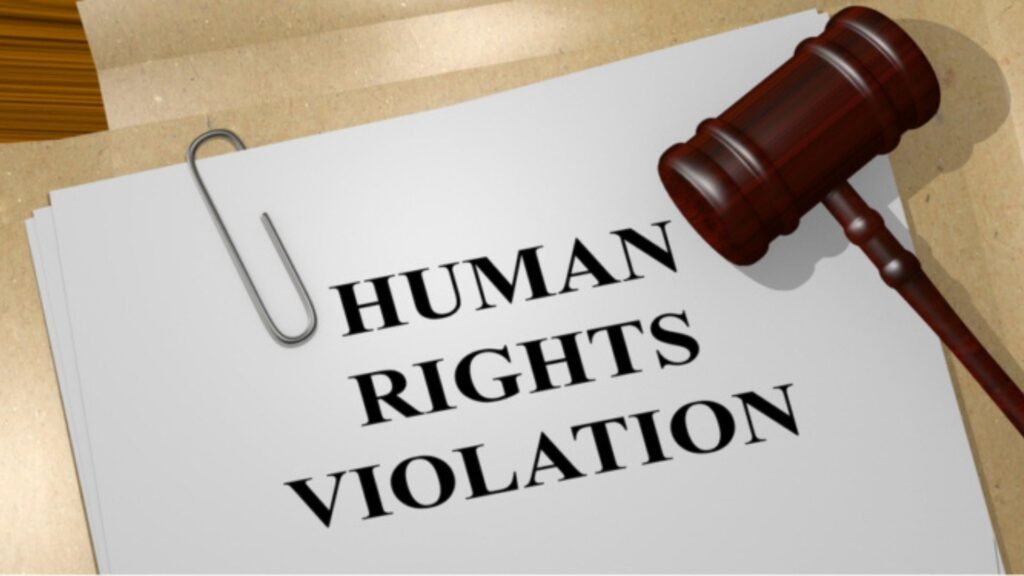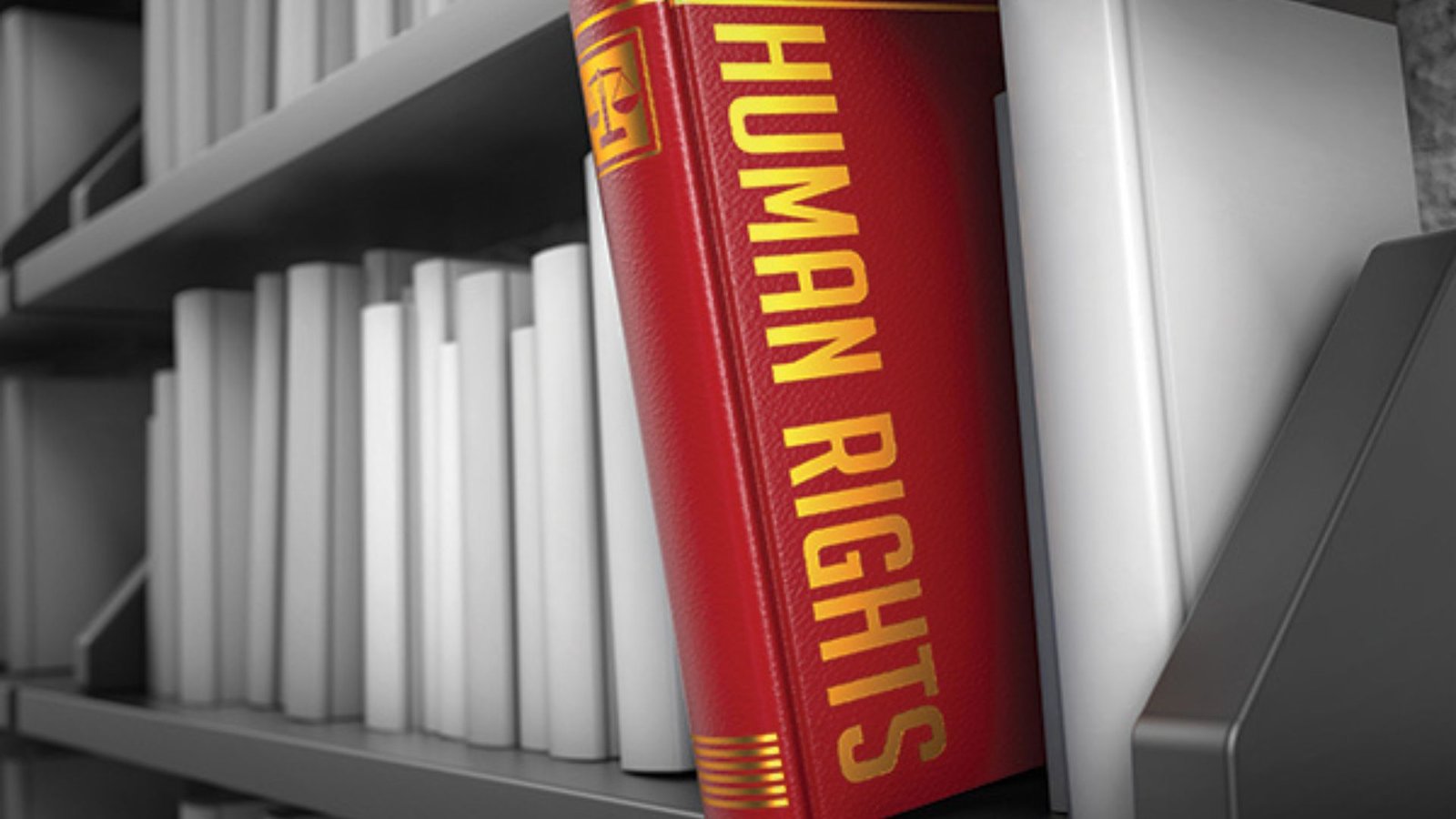Human Rights Violations and Accountability
Human rights violations and accountability are critical issues in ensuring justice and protecting fundamental rights worldwide. Human rights violations occur when individuals or groups are denied their basic freedoms and protections. Accountability is essential for addressing these violations and ensuring that those responsible are held to account. This blog post will explore what constitutes human rights violations, why accountability matters, and how it can be achieved.

What Are Human Rights Violations?
Human rights violations and accountability begin with understanding what constitutes a human rights violation. These violations can take many forms, including:
1. Physical Abuse and Torture
- Definition: Physical abuse and torture involve the infliction of physical pain or suffering on individuals. This includes acts such as beatings, electric shocks, and other forms of cruel treatment.
- Impact: Such violations severely harm victims, often leaving lasting physical and psychological scars. They also undermine the fundamental right to be free from torture and inhumane treatment.
2. Discrimination and Inequality
- Definition: Discrimination occurs when individuals are treated unfairly based on characteristics like race, gender, religion, or disability. Inequality can manifest in many ways, including unequal access to education, employment, and healthcare.
- Impact: Discrimination and inequality deny individuals their basic rights and opportunities, perpetuating cycles of disadvantage and marginalization.
3. Unlawful Detention and Imprisonment
- Definition: Unlawful detention involves holding individuals without legal justification or due process. This can include arbitrary arrests, extended detention without trial, and denial of legal representation.
- Impact: Unlawful detention violates the right to freedom and security and can lead to severe mental and physical harm. It also undermines the rule of law and fair justice systems.
The Importance of Accountability
Human rights violations and accountability are closely linked. Accountability is essential for addressing violations and ensuring justice for victims. Here’s why accountability matters:
1. Justice for Victims
- Seeking Redress: Accountability ensures that victims of human rights violations receive justice. This includes holding perpetrators responsible and providing compensation or support to those affected.
- Restoring Trust: By addressing violations and holding accountable those responsible, justice helps to restore trust in institutions and legal systems. This is crucial for rebuilding communities and promoting social stability.
2. Deterrence of Future Violations
- Preventing Abuse: Accountability acts as a deterrent to potential violators. When individuals and governments know they will be held accountable for their actions, they are less likely to commit abuses.
- Promoting Compliance: Effective accountability mechanisms encourage compliance with human rights standards and laws. This helps to prevent violations and promote respect for human rights.
3. Strengthening Rule of Law
- Rule of Law: Accountability reinforces the rule of law by ensuring that all individuals, regardless of their status, are subject to legal standards and justice. This helps to uphold human rights protections and legal norms.
- Building Institutions: Holding perpetrators accountable strengthens legal and judicial institutions. It promotes their capacity to address human rights issues effectively and ensure justice.
How to Achieve Accountability
Achieving accountability for human rights violations and accountability involves several key strategies:
1. International Mechanisms
- Human Rights Courts: International courts, such as the International Criminal Court (ICC), play a crucial role in prosecuting individuals accused of serious human rights violations, including war crimes and crimes against humanity.
- United Nations: The United Nations Human Rights Council monitors and investigates human rights violations. It can also impose sanctions or refer cases to international tribunals.
2. National Legal Systems
- Domestic Courts: National legal systems are responsible for addressing human rights violations within their jurisdictions. Ensuring that these systems are fair and effective is essential for achieving justice.
- Legal Reforms: Reforms may be needed to strengthen legal frameworks and ensure that human rights violations are properly addressed. This includes improving laws, training law enforcement, and enhancing judicial independence.
3. Civil Society and NGOs
- Advocacy and Monitoring: Civil society organizations and NGOs play a vital role in advocating for human rights and monitoring violations. They document abuses, raise awareness, and push for accountability through campaigns and legal actions.
- Supporting Victims: NGOs also provide support to victims, helping them access legal assistance, healthcare, and other forms of support. This contributes to their recovery and empowerment.
4. Public Awareness and Engagement
- Raising Awareness: Increasing public awareness about human rights violations and the need for accountability helps to build support for justice efforts. Media coverage, education, and advocacy campaigns are crucial for mobilizing action.
- Engaging Communities: Engaging communities in human rights initiatives encourages collective action and strengthens efforts to hold violators accountable. Community involvement is key to sustaining long-term justice efforts.
Conclusion
In summary, human rights violations and accountability are fundamental to ensuring justice and protecting human rights globally. Understanding the nature of violations and the importance of accountability is crucial for addressing abuses and promoting a fair and just world. Through international mechanisms, national legal systems, civil society efforts, and public engagement, we can work towards achieving justice and preventing future violations. Supporting these efforts is essential for upholding human rights and building a more equitable and humane society.



